Up, up, up. Strive for more. Go higher. Achieve bigger.
The other day I saw an article encouraging people to journal every day. As a journaler myself, I find it helps me process complex feelings and turn over ideas like a mental compost pile (thanks to Natalie Goldberg for that image). Journaling in the morning centers me before work, and in the evening it gives closure to the day’s messiness.
But this article? I hate it. It instructed me to answer three questions every night, three questions about self-improvement. I don’t remember the exact questions, but they demanded that I explain how I improved myself today, and that I commit to doing better tomorrow.
 Up, up up. Strive. Achieve. Soar.
Up, up up. Strive. Achieve. Soar.
Is nothing safe anymore, not even my private journal, away from the maddening rush to achieve? For the achievers, a journal is a way to measure and push progress. Productivity is the only worthy goal for achievers. Without progress, they believe, we stagnate and die. Like sharks, we must keep swimming or sink to the ocean floor.
I am not against progress. I push myself and my team to do the best we can in everything we do. If you’re going to do it, you might as well try your best. I never end a gym workout, for example, thinking I could have done another set. If I were a non-achiever, I would not have published five books. I also think we can learn from every failure and every success, so this kind of self-reflection has value.
But balance is as important as progress.
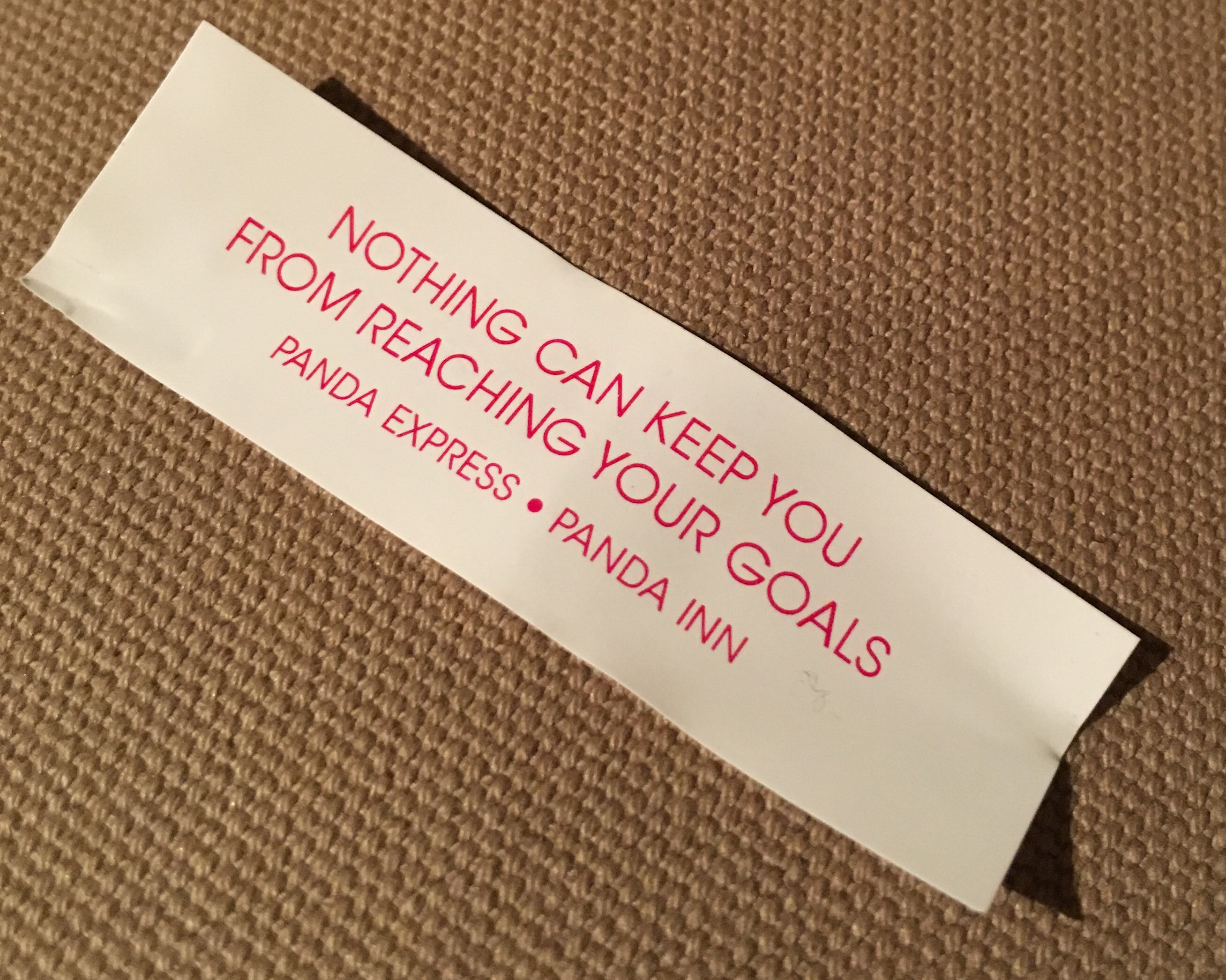 Read enough business articles, and you’ll see a common theme of career people feeling like they’re walking up a downward escalator. They need to get to the top, but the very path itself is working against them. So they feel they have to strive harder, to make more upward progress.
Read enough business articles, and you’ll see a common theme of career people feeling like they’re walking up a downward escalator. They need to get to the top, but the very path itself is working against them. So they feel they have to strive harder, to make more upward progress.
What’s lost in all this striving and improving is any contemplation of what’s at the top.
The truth is, there is no top.
Our bosses don’t actually want us to think about that. Most organizations talk a great game about work-life balance, but how many of us have been trained that “meets expectations” is a poor result in an annual review? Personal and professional development are very visible idols in the workplace pantheon, constant reminders that we are not (yet) our best selves.
Personally, I often feel I am walking down a crowded up escalator. I’m striving for balance and simplicity in a world hell-bent on forcing me to go higher, get better, achieve more. There is no top. There is no bottom. There is only restless motion based on the promise of an unknowable future success.
So my journal won’t turn into a self-development ledger. I won’t be using it to track daily progress and commit to daily improvements. That’s what to-do lists and project plans are for. We can achieve a lot (like publishing a new book) without becoming slaves to a self-improvement process.
How do you achieve balance between progress and peace of mind?

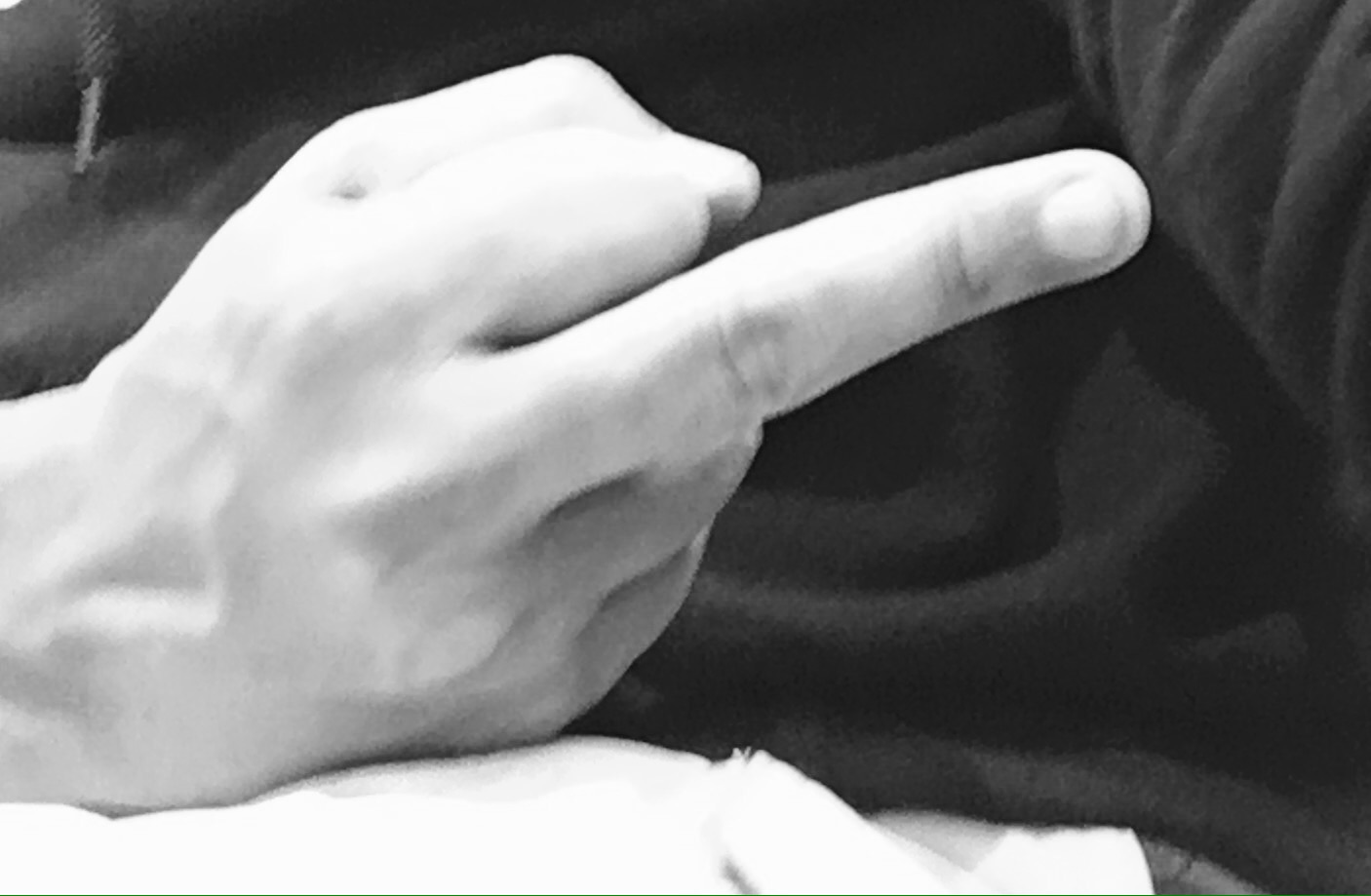
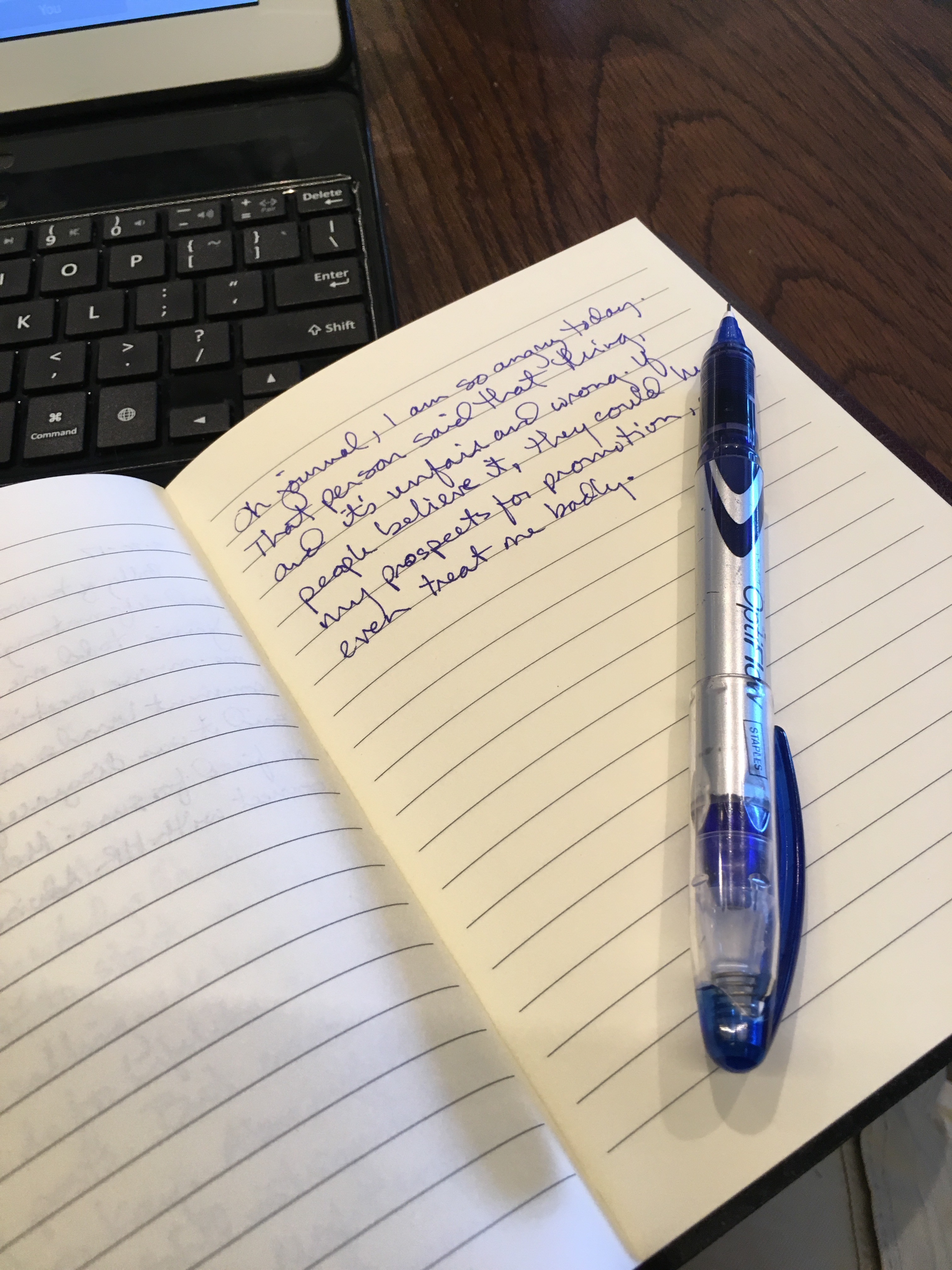
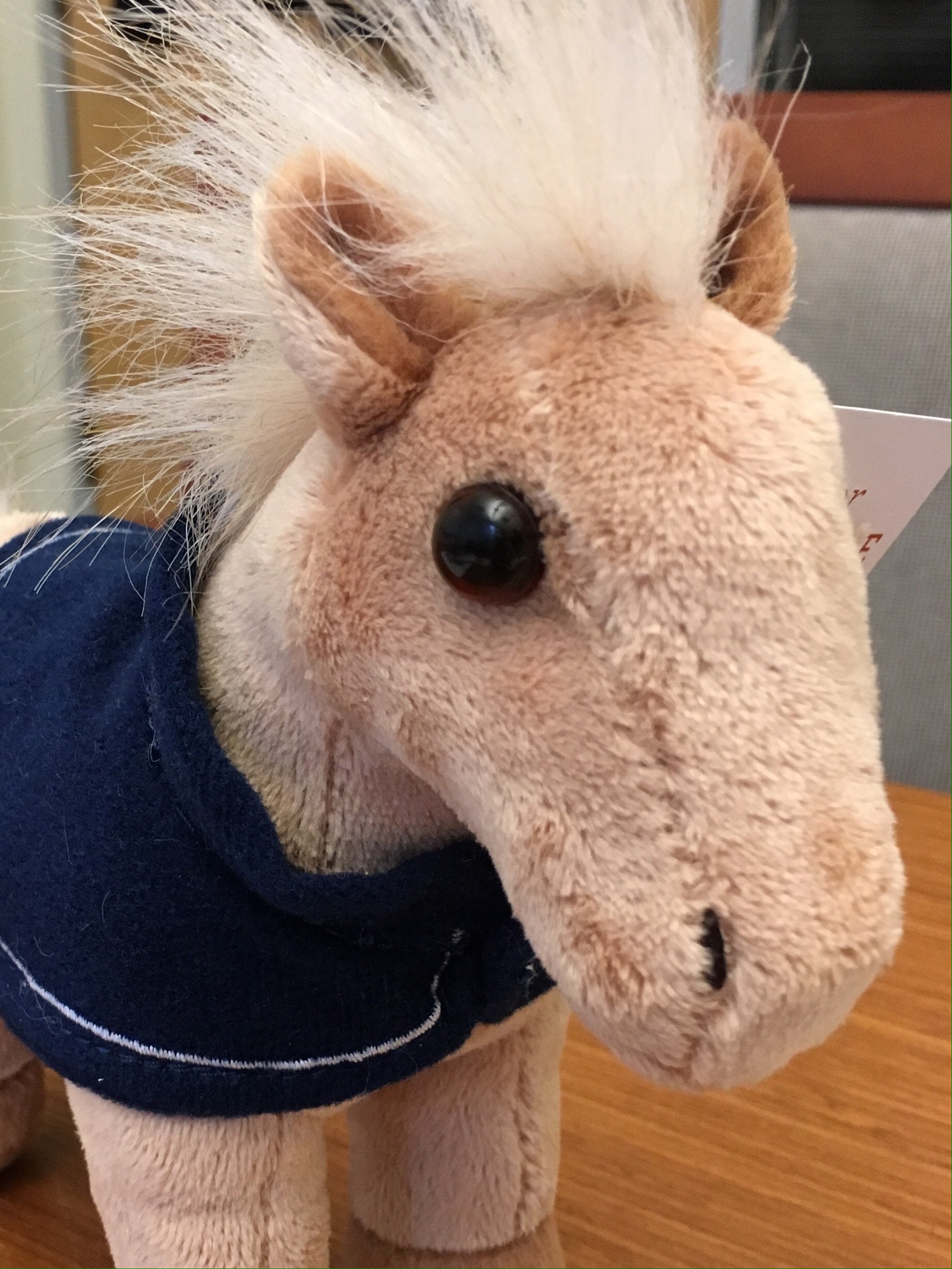

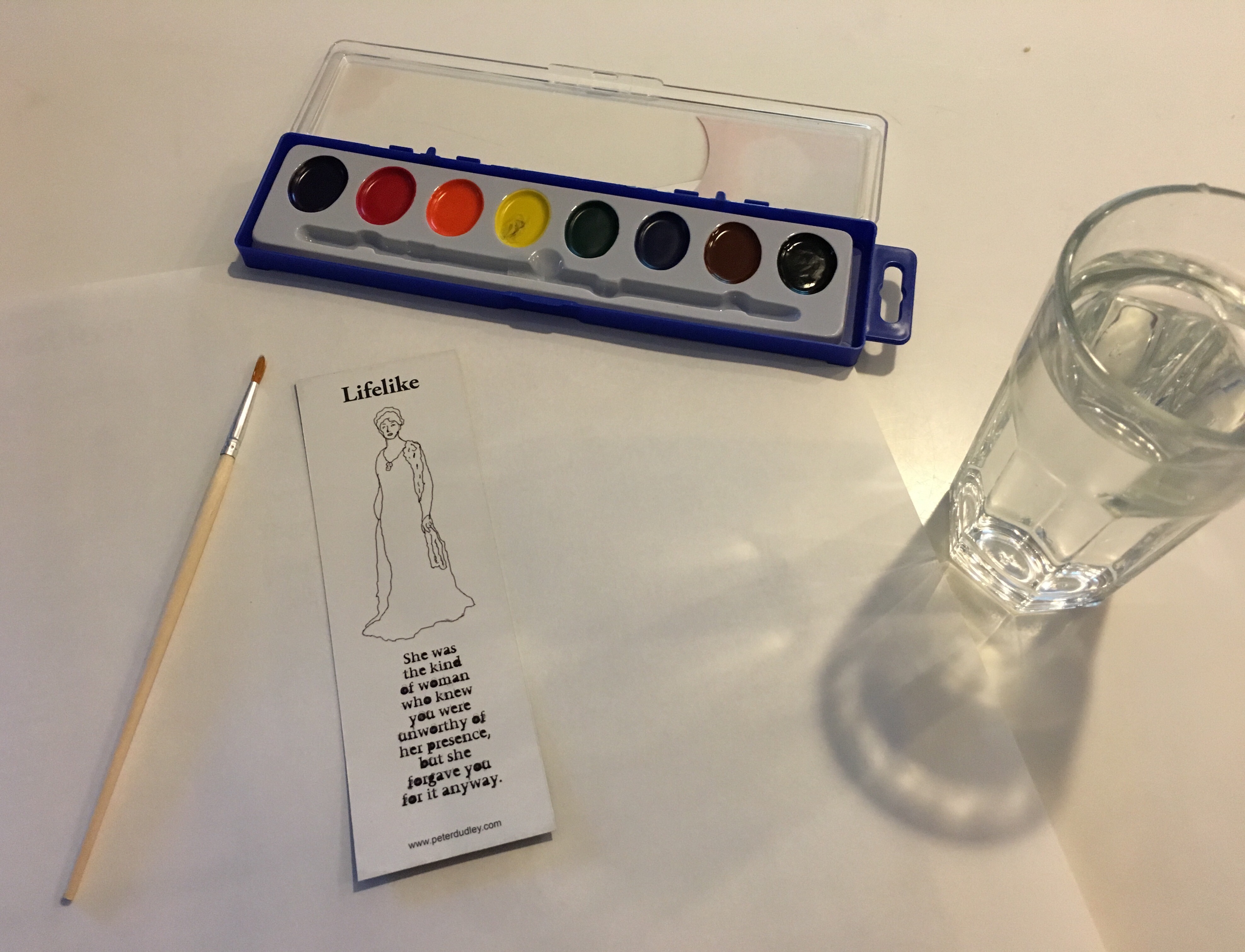
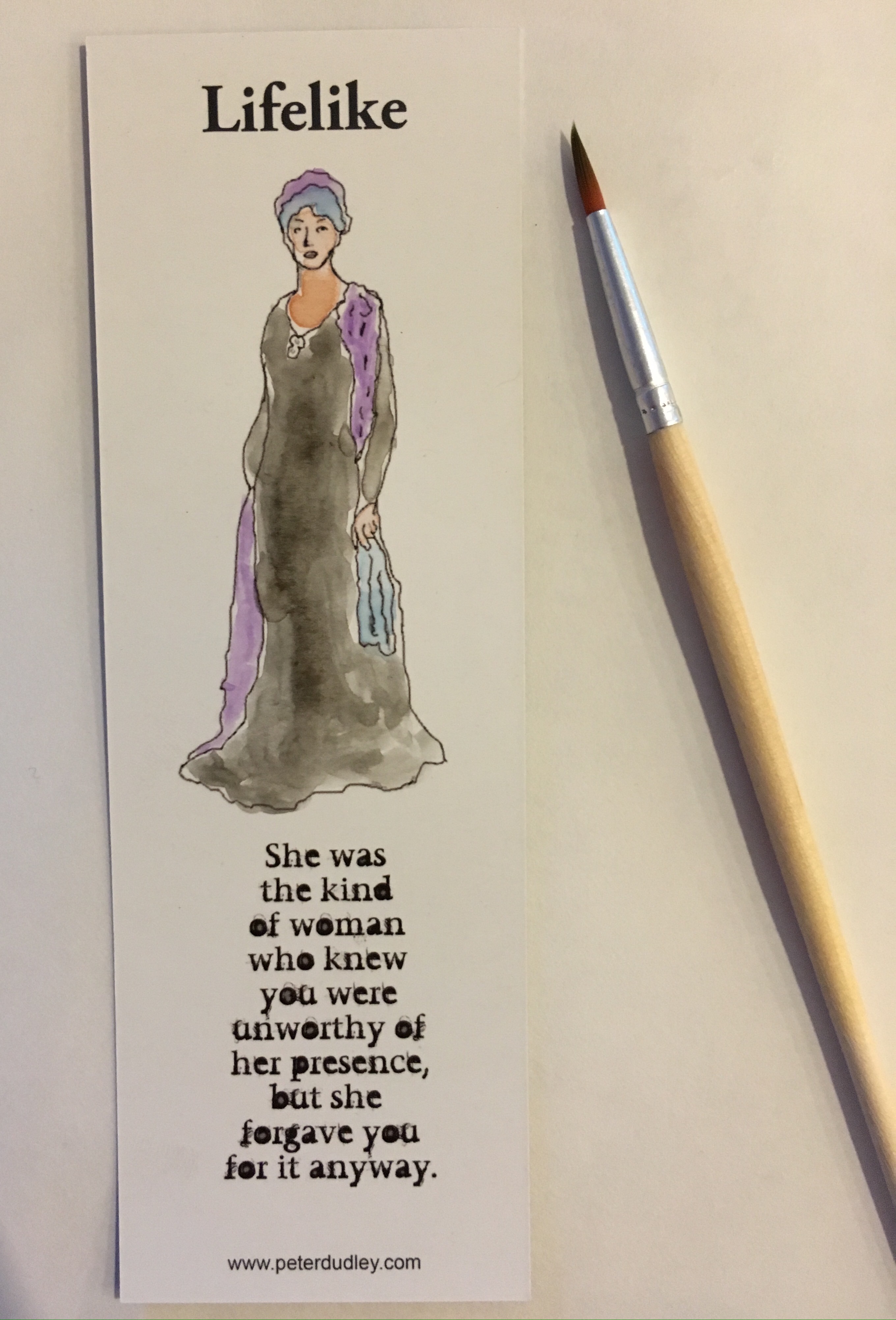

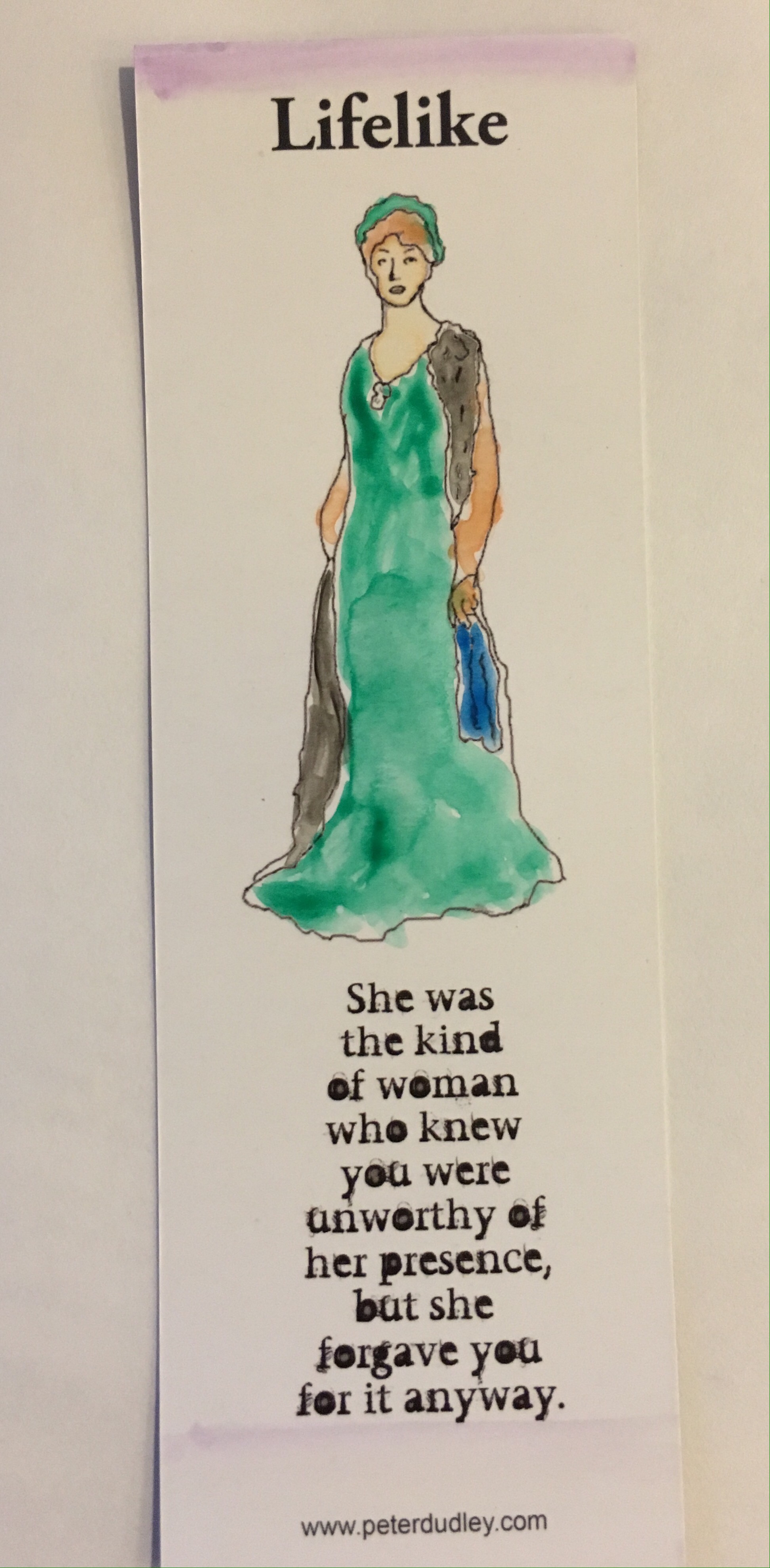

 The Editing Pony is a blog series about good business writing. I’ll post periodic tips and gladly critique and rewrite emails or one-pagers for you in a blog post.
The Editing Pony is a blog series about good business writing. I’ll post periodic tips and gladly critique and rewrite emails or one-pagers for you in a blog post. 

